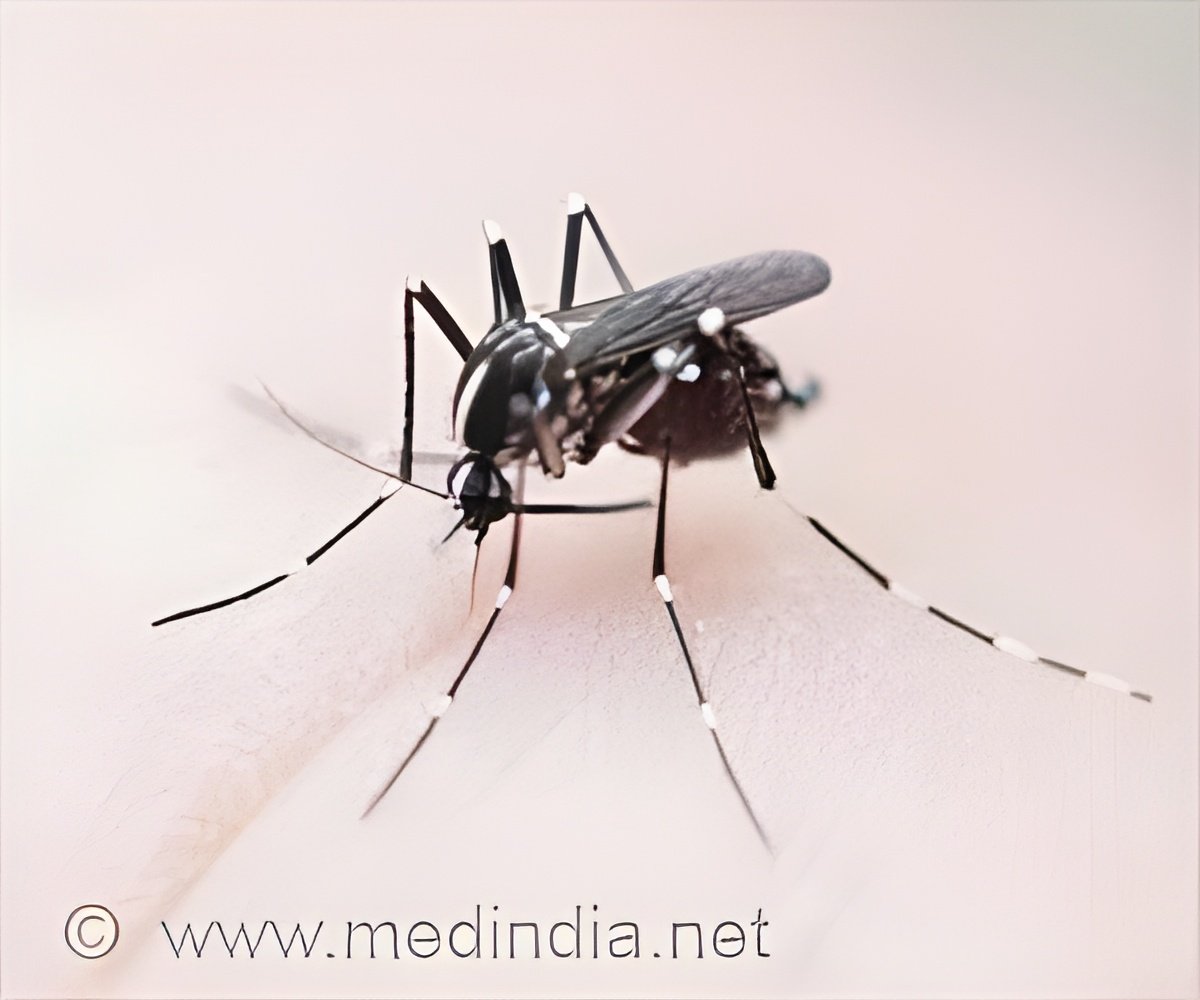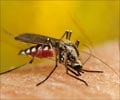In Chennai, dengue cases are on the rise. The number of cases reported in the city in the last few days has increased to 105 with Kodambakkam and Teynampet areas reporting the majority of them.

TOP INSIGHT
After incessant rains and waterlogging, the possibilities of mosquito breeding is on the high. However, residents must also try to clear water stagnation in their surroundings to prevent the breeding of mosquitos. The state health department is conducting several health camps in all colonies.
The state health department has commenced door-to-door health check-ups and provided medicines to prevent the spread of the disease.
The GCC is using the services of breeding check workers round the clock to prevent the outbreak of Dengue by destroying the mosquito larvae.
It is also levying fines to people who are allowing water to stagnate at their residence including terraces that lead to breed mosquitos.
The Corporation is conducting area-wise surveys to find out the number of diseases in each area and to try and prevent the spread by considering this area as a cluster and taking preventive measures in a localised manner.
The GCC has already opened control rooms based out its headquarters and has deployed fogging teams in all the wards to prevent the spread of the disease.
 MEDINDIA
MEDINDIA




 Email
Email








